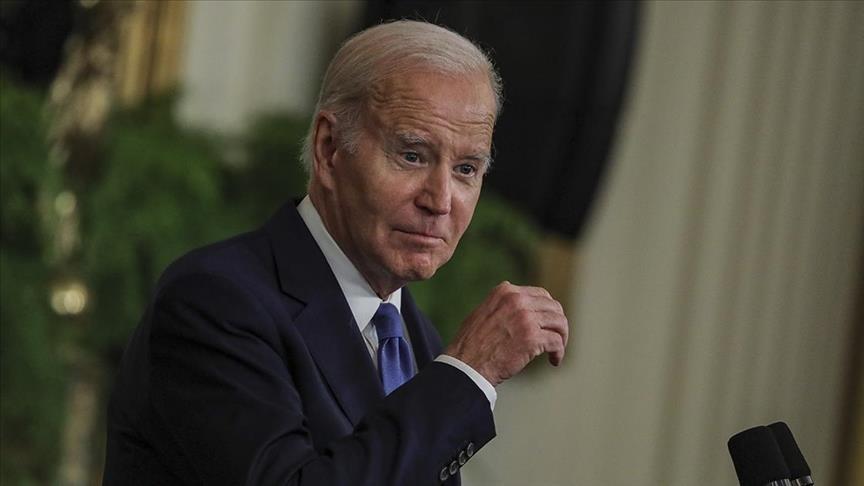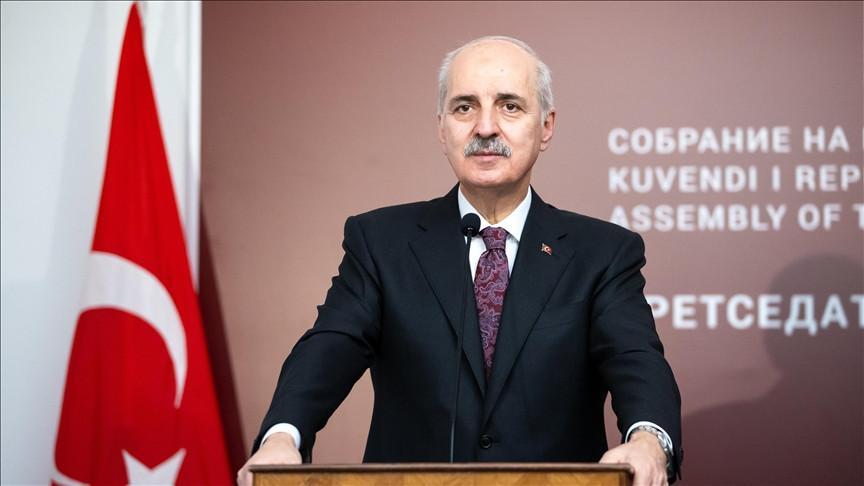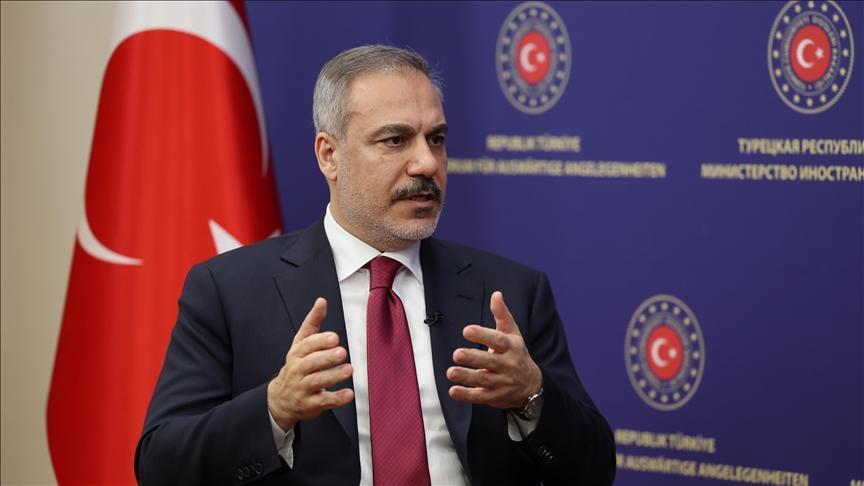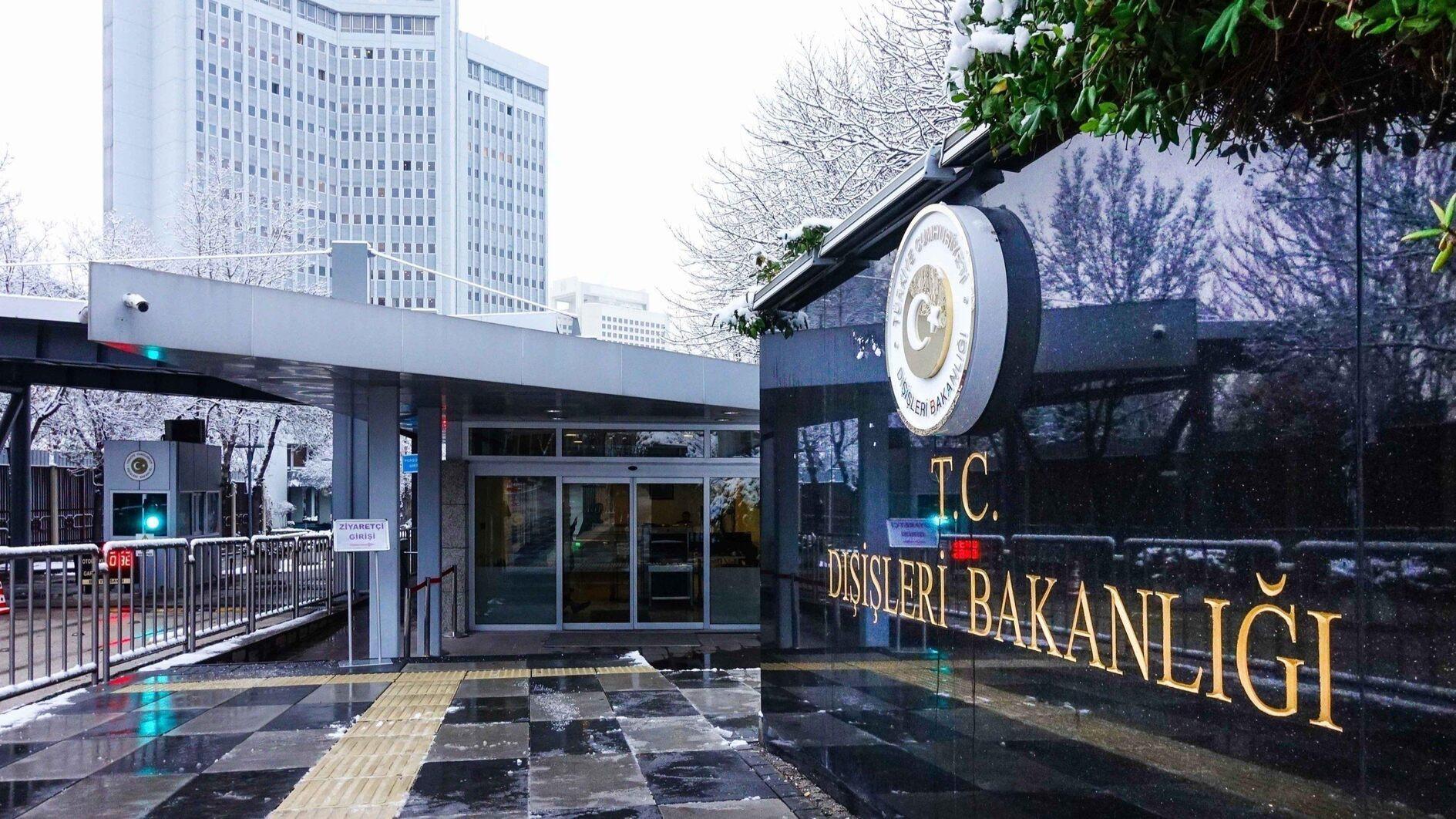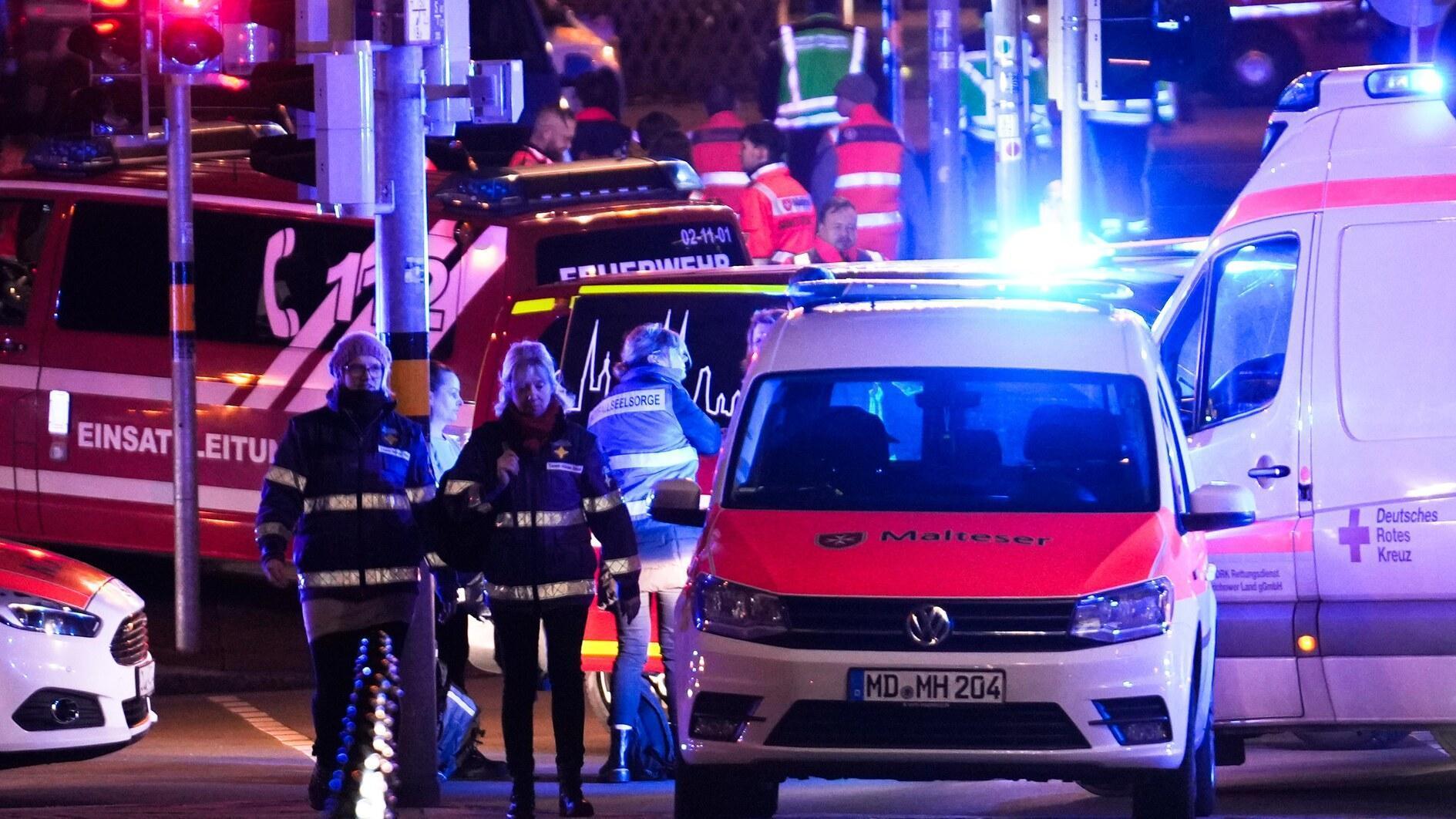Turkish, German leaders condemn xenophobia at Solingen commemoration
BERLIN/ DUSSELDORF
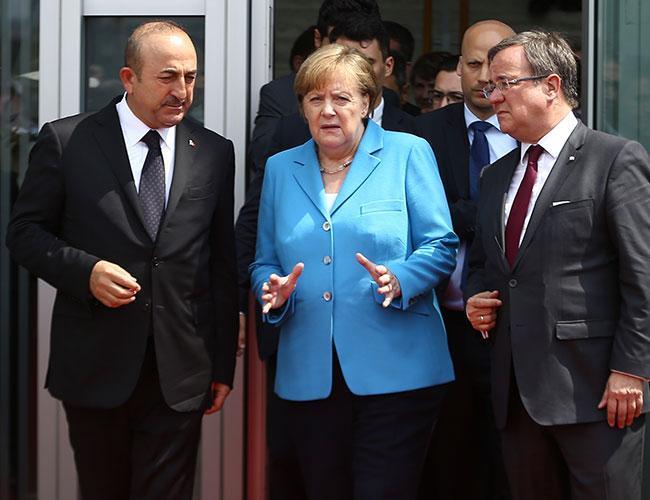
German Chancellor Angela Merkel, German Foreign Minister Heiko Maas and Turkish Foreign Minister Mevlüt Çavuşoğlu on May 29 joined commemorations of the 25th anniversary of a firebombing by right-wing extremists in which five Turks were killed in Solingen, north of Cologne.
The May 29, 1993, firebombing in Solingen, north of Cologne, was the deadliest in a series of racist attacks that raised international concerns following German unification in 1990. Two Turkish women and three girls died when fire raged through their building.
Merkel told those gathered, including Mevlude Genç, survivor and family member of the women and girls who perished, that xenophobia, racism and anti-Semitism could have no place in Germany or anywhere else in the world.
Merkel also thanked Genç for “responding with great humanity” to what was an “inhumane act.” The chancellor also expressed her wish for “those who come to Germany to feel safe and at home.”
For his part, Çavuşoğlu voiced concern that “racism, xenophobia and Islamophobia are on the rise” again in the biggest EU country and called on politicians and media there to “use prudent language.”
“Our duty is to draw lessons from this tragedy and stand united against racism. We need to take effective measures against racism in order to prevent the repetition of such an incident in the future,” Çavuşoğlu said.
Referring to the Turks living in Germany, Çavuşoğlu said “the only expectation of those people who see Germany as their second homeland is to live as equal members of this community.”
Çavuşoğlu thanked Merkel for her anti-racism stance. “We, as Turkey, are ready to lend every kind of support to Merkel,” Çavuşoğlu said.
Maas called for stronger efforts against xenophobia and discrimination.
“[The Solingen arson attack] was an attack against all of us, against our values and peaceful coexistence,” Maas told Funke media group on May 29.
“It’s a shame that many people whose parents, grandparents or they themselves came from Turkey to Germany, still experience discrimination in their daily lives,” he also said.
Merkel invites Erdoğan to Germany
Çavuşoğlu’s visit to Germany to attend the Solingen commemoration came amid a recent spat between Turkey and Germany after the opposition Peoples’ Democratic Party (HDP), which the Turkish government accuses of being a political front for the outlawed Kurdistan Workers’ Party (PKK), held a rally in Cologne on May 26.
However, in a sign that Germany may be seeking to improve ties with Turkey, Merkel on May 29 invited President Recep Tayyip Erdoğan to Germany.
“Merkel is awaiting Erdoğan for a visit following Turkey’s presidential and general elections on June 24,” Çavuşoğlu told reporters on May 29.
“We are awaiting Mr. President after the election,” Çavuşoğlu quoted Merkel as saying in Solingen during a meeting on the sidelines of the Solingen events.
On the day of Çavuşoğlu’s visit to Solingen, Turkey and Germany are set to hold political consultations.
In a written statement, the Turkish Foreign Ministry said political consultations will be held under the co-chairmanship of the ministry’s Undersecretary Ümit Yalçın and German State Secretary of Foreign Ministry Andreas Michaelis in Ankara on May 29.
“During the consultations, bilateral relations between the two countries as well as regional and global issues of common interest will be discussed,” said the statement.
Visit comes at a tense time
The visit comes amid a recent spat between Turkey and Germany after the opposition Peoples’ Democratic Party (HDP), which the Turkish government accuses of being a political front for the outlawed Kurdistan Workers’ Party (PKK), held a rally in Cologne on May 26.
Almost a thousand of their supporters gathered in Neumarkt square in Cologne, a spokesman for the German police told state-run Anadolu Agency.
The Turkish Foreign Ministry on May 26 accused Germany of making a “double standard” decision to allow the HDP rally but previously preventing ruling Justice and Development Party (AKP) politicians from campaigning there.
“This two-faced approach, which we condemn strongly, cannot be reconciled with democracy, the fight against terrorism and expectations of normalization in Turkish-Germany relations,” the ministry said in the statement.


